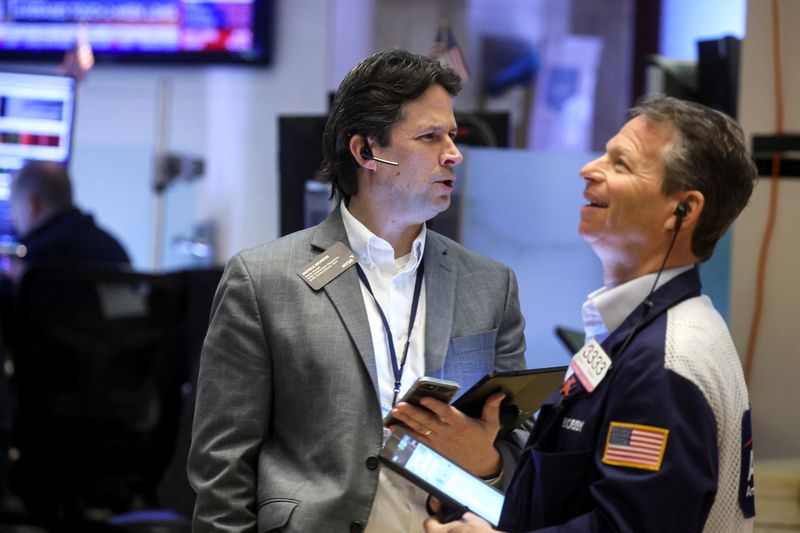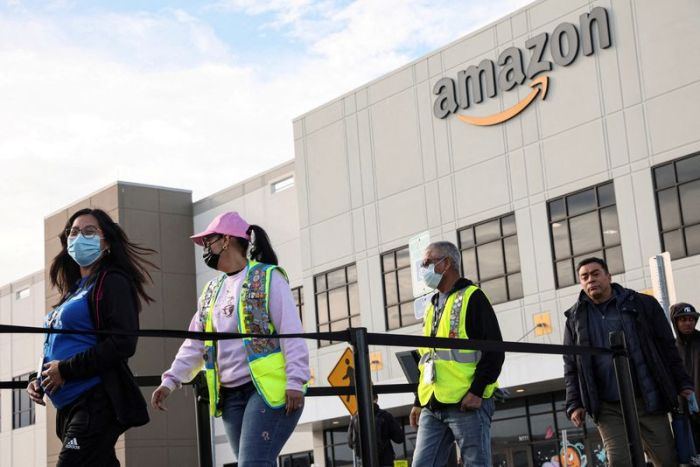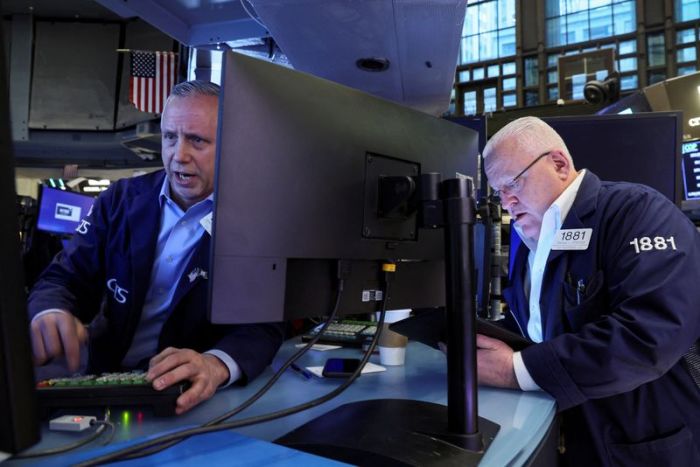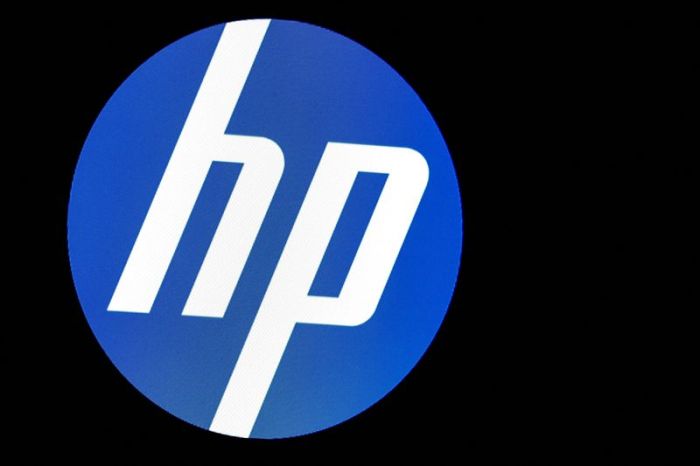(Reuters) – The S&P 500 ended higher on Thursday, with Pfizer and Tesla fueling a late-session rally while investors eyed the war in Ukraine and a potentially more aggressive Federal Reserve.
Tesla Inc rose 1.2% and Microsoft Corp added 0.6%, helping lift the S&P 500 and provide the Nasdaq a modest gain.
Also supporting the S&P 500, Pfizer Inc jumped 4.3%after it said it would buy privately held ReViral Ltd in a deal worth as much as $525 million, its second acquisition in less than six months to boost its drug portfolio.
The S&P traded at a loss for much of the day before rallying near the end of the session.
“We don’t know how Ukraine is going resolve itself. We don’t know how this hawkish Fed is going to impact the economy. We don’t know if they can navigate a soft landing. What it equals is a whipsaw market,” said Dennis Dick, a trader at Bright Trading LLC. “If you’re following trends, then you’re lost in this market because all this market is is chop.”
Mega-cap growth stocks came under pressure earlier this week after comments from Fed policymakers and minutes from the central bank’s March meeting suggested a rapid removal of stimulus measures put in place during the pandemic.
St. Louis Federal Reserve President James Bullard said the U.S. central bank’s short-term policy rate should reach 3.5% later this year.
Minutes released on Wednesday showed that Fed officials “generally agreed” to cut up to $95 billion a month from the central bank’s asset holdings even as the war in Ukraine tempered the first U.S. interest rate increase since 2018.
“The realization for investors continues that the Fed is still not at max hawkishness and we’re going to err on the side of them wanting to do more to continue to control inflation,” said Anastasia Amoroso, chief investment strategist at iCapital Network, an investment marketplace firm.
Traders now see 88.9% likelihood of a 50 basis-point rate hike at the central bank’s meeting next month. [IRPR]
U.S. companies will start reporting first-quarter results in the coming weeks, with banks set to kick off the season in earnest next week. Analysts on average expect S&P 500 companies’ earnings to have grown 6.4% in the March quarter, according to I/B/E/S data from Refinitiv. That compares with over 30% growth in the prior quarter.
“As we get into the heart of earnings season, I expect volatility to be very prominent,” said Jake Dollarhide, chief executive officer of Longbow Asset Management in Tulsa, Oklahoma. “We could see strong results that beat the highest expectations, but weak expectations for the next 12 months.”
Among the 11 S&P 500 sector indexes, real estate was among the deepest decliners, while the health sector index was among the top gainers.
Adding to cautious sentiment, Russian Foreign Minister Sergei Lavrov said Ukraine had presented Moscow with a draft peace deal that contained “unacceptable” elements, while the U.S. Senate voted to remove “most favored nation” trade status for Russia in one bill and ban oil imports in another.
Unofficially, the Dow Jones Industrial Average rose 0.25% to end at 34,583.57 points, while the S&P 500 gained 0.43% to 4,500.21.
The Nasdaq Composite climbed 0.06% to 13,897.30.
With investors worried about the effect of rising interest rates, growth stocks with pricey valuations have underperformed value stocks so far in 2022.
(Graphic: Growth v Value – https://graphics.reuters.com/USA-STOCKS/movanbzagpa/growthvalue.png)
In economic news, data showed the number of Americans filing new claims for unemployment benefits fell last week, indicating a further tightening of labor market conditions heading into the second quarter that could contribute to keeping inflation elevated.
Among other movers, HP Inc jumped 14.8% after Warren Buffett’s Berkshire Hathaway Inc disclosed it purchased nearly 121 million shares of the personal computing and printing company.
Costco Wholesale Corp rallied 4% after the retailer late on Wednesday reported a surge in March sales.
American Airlines Group Inc, Delta Air Lines Inc, Southwest Airlines Co and United Airlines Holdings Inc fell between 1.6% and 3.1% after Barclays warned of a recent jump in oil prices hurting first-quarter earnings.
Declining issues outnumbered advancing ones on the NYSE by a 1.11-to-1 ratio; on Nasdaq, a 1.45-to-1 ratio favored decliners.
The S&P 500 posted 32 new 52-week highs and 26 new lows; the Nasdaq Composite recorded 45 new highs and 219 new lows.
About 11.5 billion shares changed hands in U.S. exchanges, compared with the 13.0 billion daily average over the last 20 sessions.
(Reporting by Bansari Mayur Kamdar and Praveen Paramasivam in Bengaluru, and by Noel Randewich in Oakland, Calif.; Editing by Anil D’Silva and Matthew Lewis)
























